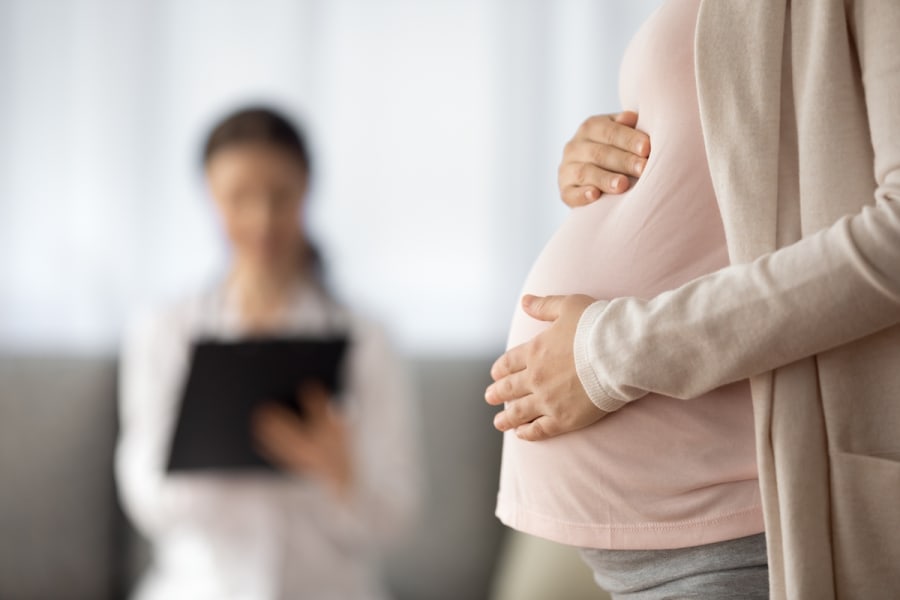Embryo mix-up scandal: Pregnant Israeli woman who underwent IVF discovers child is not hers
The hospital updated the biological mother, who is not pregnant; stopped new IVF procedures

A pregnant Israeli woman who underwent a fertility treatment discovered last week that the embryo she is carrying is not genetically hers.
The woman, currently in the third trimester of her pregnancy, had to take genetic lab tests ahead of an intrauterine surgery for fetal malformations.
The results of the tests revealed the medical mix-up. The hospital told the woman and her partner that the confusion must have occurred during the in vitro fertilization, or IVF, process.
The Assuta Medical Center in Rishon LeZion had provided IVF procedures to about 40 women and conducted an extensive examination in search for a genetic link to the fetus. The hospital focused on individuals who had received treatment at the facility on the same day that the woman’s eggs were retrieved, fertilized, frozen and thawed.
After narrowing down the list to eight women, one was found to have the highest probability of being the fetus’ biological mother and was contacted by the hospital. That woman is not pregnant, local reports say.
Although an incident of this kind is rare, the Israeli Health Ministry announced that a special committee of medical experts and IVF specialists would investigate the matter. The ministry also ordered the hospital to stop all new IVF treatments and to not accept new applicants.
The case has stirred tough ethical and legal questions that also pertain to medical decisions during the ongoing pregnancy, currently in its 30th week. The incident also has undermined the confidence of many other Israeli women who have had children via IVF.
A mistake such as this can occur in two different scenarios during the IVF process, explained a report in Israeli daily, Haaretz. The first involves confusion during the registration and recording stages, after the eggs have been retrieved. The second incident could occur when the fertilized egg is transferred back into the mother’s womb.
Medical experts in Israel estimate that the first scenario is more likely to have taken place, since returning embryos to the womb involves double verification by embryologists. Nonetheless, the entire procedure usually follows a strict protocol to prevent such mistakes.
Fertilization treatments are very common in Israel, which is leading the world with the highest number of in vitro fertilizations per capita. The Jewish state is well-known as a pro-natalist country, where the state largely subsidizes IVF treatments and other reproductive procedures.
The Israeli public health system provides unlimited IVF treatments for any woman between 18 and 45 for her first or second child. It also funds fertility treatments for women, using egg donations until the age of 54. IVFs are responsible for about 5% of all Israeli births, according to the country’s Health Ministry.
Data from 2019 show that, out of 52,000 IVF treatments conducted in Israel, 29% saw embryo transfer leading to pregnancy and 21% ended with a successful birth.
Overall, Israel has the highest fertility rate among OECD countries – with 3.01 children per woman in 2019. For comparison, fertility rate that same year in the United States stood at 1.6, according to the World Bank. In Italy, it was 1.2; in Germany, 1.5; in the United Kingdom, 1.6; in Japan, 1.3, and in China, 1.2.
According to the Taub Center for Social Policy Studies, Israel stands out globally not only due to high fertility levels but also because the trend transcends education and religiosity levels. Israel is unique as well in that fertility has been increasing along with age.

Tal Heinrich is a senior correspondent for both ALL ISRAEL NEWS and ALL ARAB NEWS. She is currently based in New York City. Tal also provides reports and analysis for Israeli Hebrew media Channel 14 News.














